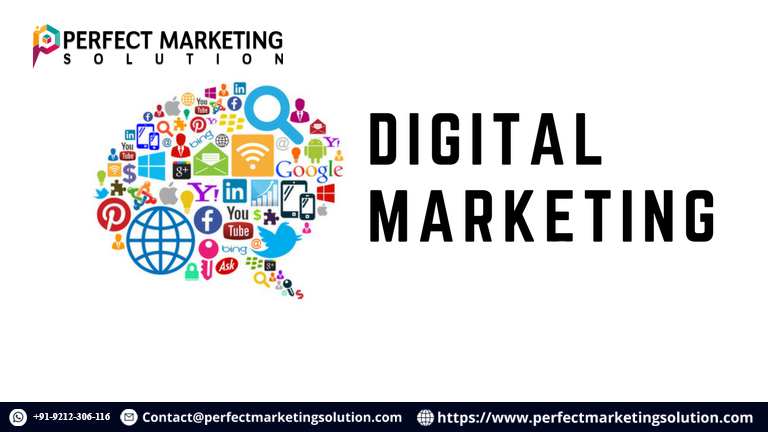How to Choose the Best Call Center Software in 2025
Today's competitive corporate world demands high customer service and pushability for sales to drive reliability for the Call Center Software. In general, the proper call center software can increase customer happiness while facilitating the processes and increasing the efficiency of agents. Best call center software for small businesses is challenging to be chosen from innumerable choices. This article shall look into the most significant considerations considered essential while selecting.
-
Ability to Scale: As a small business, the requirements of your call center will change with time. Opt for good call centre software that can scale well with your company. Seek a solution that will accommodate increasing calls, agents, and features without significant breakups and flexible pricing.
-
User-Friendly Interface: Agents and managers rely heavily on a user-friendly interface. The call center software must be straightforward enough to reduce training time and the possibility of errors. Consider options of features such as reporting that is easy to choose from, dashboards that are customisable and drag-and-drop capability.
-
Easily Merge With Other Systems: Your call center software should effortlessly interface with your current company systems—including CRM, email, and ticketing systems. This connection guarantees a consistent customer interaction perspective, enhances data correctness, and simplifies processes.
Also Visit: How Our Call Center Software Helps You to Reduce Your Call Center Operational Cost
-
Feature Set: This depends on your company's requirements, but based on the top call center software, each may offer different features. Here are a few things to consider:
-
Handling incoming calls and proactive outbound calls made by you to the consumers helps you inwardly and outwardly.
-
Automate mundane chores and forward callers to the right agents based on their needs IVR, Interactive Voice Response.
-
Record calls on compliance, training, and quality assurance as well as for training needs.
-
Distribute calls to agents based on variables such as ability, availability, and queue length, thereby optimizing response.
-
ACD—Automatic Call Distribution: Automatically routes calls to agents to minimize wait times.
-
Combine thorough agent performance analysis, customer satisfaction, and key performance indicators.
-
Easy Adaptability Ability: Reliable client support should be available to implement and deploy the call center software. Ensure your software remains updated by looking for a vendor offering prompt technical support, training materials, and routine upgrades.
-
Security: For a small business, protecting private information related to clients is necessary. Make sure that the provider of call center software makes use of strict security measures that also include regular security audits, restricted access to data, and encryption.
-
Costs: Summarize ownership cost with an estimate of all the related costs, like additional ones, maintenance and licensing, with long-term value considering better customer satisfaction, rising sales, and faster results through call center software.
-
Configuration: The fitting of your specific demand call center software should be appropriate. Its regard for workflow, reporting options, and integrations offers flexibility to meet your needs.
As technology advances, one must be sure to pick a chosen call center software that can advance with pace and potential for future needs. To keep up, it can accommodate AI, new modes of communication, or omnichannel support. With the right call center software for your small business, you can make an informed decision on these critical factors. With a robust and scalable call center software solution, you will empower your employees to provide exceptional customer service, increase revenue, and help your business succeed.
Key Considerations for Developing Call Center Software in 2025
-
The first issue to be considered when developing call center software should be to make sure that it will be flexible enough to accommodate your company's needs. This might include customization of integration systems, reporting options, or procedures.
-
Remember that your company, as it grows, will be able to accommodate more significant numbers of agents and volumes of calls.
-
Integration: The system must integrate well with your current systems, including email, ticketing, and CRM.
-
The program should be user-friendly both for managers and agents. It should have straightforward navigation and an amicable layout.
-
The software will contain a robust security feature protecting private consumer data.
-
Regarding a mix of features, cost, and value, the program should be reasonable regarding return on investment.
-
Two technologies and trends that the program needs to be developed for are artificial intelligence and omnichannel support.
-
However, tailoring the application will ensure that it addresses the unique needs of your organization. This can mean tailoring the workflows, reporting options, or integration systems.
Ultimately, selecting the best Call Center CRM Solutions is a crucial choice that will significantly affect your general company performance and customer service practices. Carefully weighing the essential elements described in this article—including scalability, user-friendliness, integration capabilities, feature set, deployment options, customer support, security, cost, customizing, and future-proofing—you can find a solution fit for your particular needs and objectives.
High-quality call center software will help your employees deliver first-class client experiences, increase agent performance, and drive revenue growth. Remember the program's long-term value and how well it will serve your company's future. A good decision will set up a solid foundation for a successful and customer-focused call center operation.
What's Your Reaction?






















